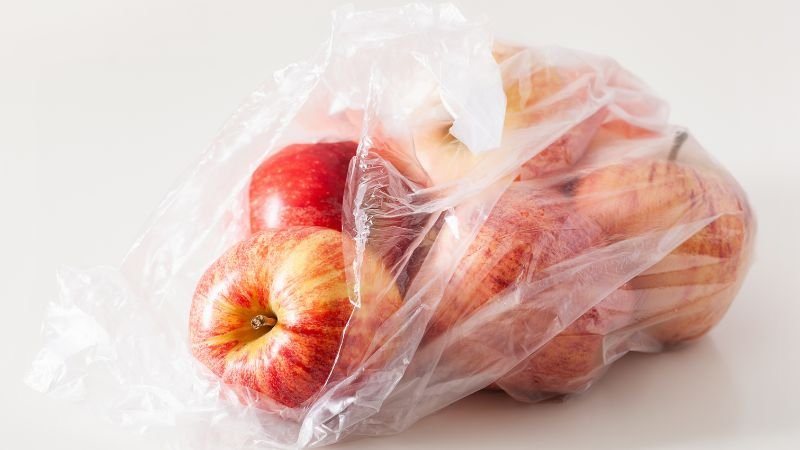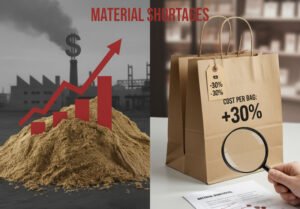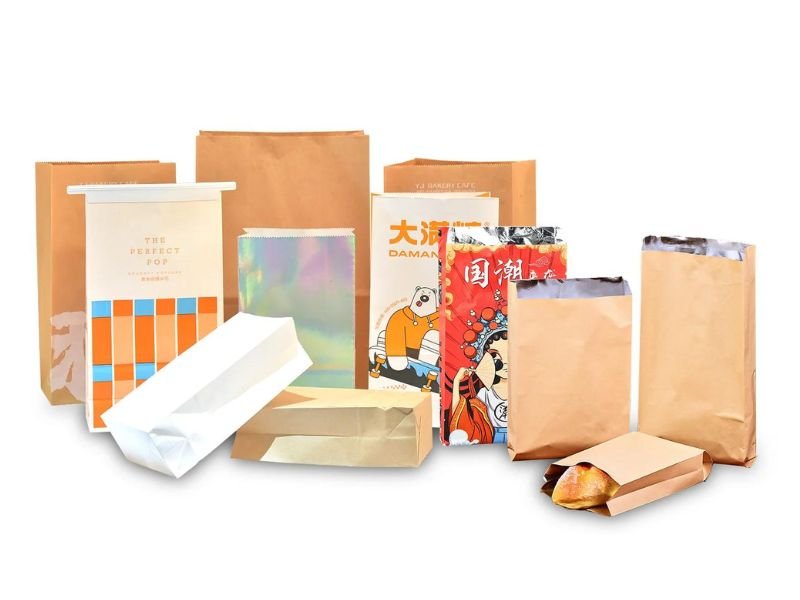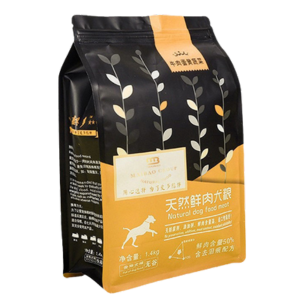Concerned about the safety of storing your food in plastic bags? You’re not alone. With the prevalence of plastic packaging in our daily lives, it’s essential to examine whether it’s a safe option for preserving our food.
Storing food in plastic bags can be safe if certain precautions are taken. While plastic bags are convenient for storing and transporting food, there are potential risks associated with their use, particularly when it comes to food safety and environmental impact.
Curiosity piqued? Let’s delve deeper into the safety considerations of using plastic bags to store your food.
Are Plastic Bags Safe for Storing Food?
When it comes to food storage, the safety of plastic bags depends on several factors, including the type of plastic used, storage conditions, and handling practices.
Food grade plastic bags, which are specifically designed and manufactured for storing food items, are generally considered safe for this purpose. These bags are made from materials that meet strict regulatory standards and are free from harmful chemicals that could leach into food.
However, not all plastic bags are created equal. Regular plastic bags, such as those used for general household purposes or packaging non-food items, may not be suitable for storing food due to the risk of contamination from potentially harmful substances.
To ensure the safety of your food, it’s essential to use food grade plastic bags labeled as such and follow proper food handling guidelines, including:
- Choosing the Right Plastic: Opt for bags made from FDA-approved materials, such as polyethylene (PE) or polypropylene (PP), which are safe for direct contact with food.
- Avoiding High Heat: Refrain from using plastic bags for hot foods or liquids, as heat can cause chemicals to leach from the plastic into the food.
- Proper Storage: Store food in plastic bags in clean, dry environments away from direct sunlight or heat sources to prevent contamination.
By taking these precautions, you can minimize the risks associated with storing food in plastic bags and ensure the safety of your meals.

Environmental Impact of Plastic Bags
In addition to concerns about food safety, there are growing apprehensions about the environmental impact of plastic bags. Plastic pollution has become a significant global issue, with single-use plastics contributing to pollution in oceans, rivers, and landfills.
The widespread use of plastic bags has led to calls for more sustainable alternatives that minimize environmental harm. Biodegradable and compostable plastics, made from renewable resources such as cornstarch or sugarcane, offer promising solutions to reduce the environmental footprint of plastic packaging.
However, it’s essential to note that not all biodegradable plastics are created equal. Some may require specific conditions, such as industrial composting facilities, to break down effectively, while others may still persist in the environment for extended periods.
Alternatives to Plastic Bags
In response to environmental concerns, many consumers are exploring alternative options for food storage, such as:
- Reusable Containers: Durable and washable containers made from materials like glass or stainless steel offer a sustainable alternative to single-use plastic bags.
- Beeswax Wraps: Beeswax-coated cloth wraps provide a natural and eco-friendly way to wrap and store food items, reducing the need for disposable plastic bags.
- Silicone Bags: Reusable silicone bags are another option for eco-conscious consumers, offering a durable and versatile alternative to traditional plastic bags.
By making simple changes to our food storage habits and opting for more sustainable alternatives, we can collectively reduce our reliance on single-use plastics and minimize environmental harm.
Conclusion
In conclusion, while storing food in plastic bags can be safe when done correctly, it’s essential to consider the type of plastic used, storage conditions, and environmental impact. By opting for food grade plastic bags labeled as such and following proper food handling practices, you can minimize risks and ensure the safety of your food. However, to address environmental concerns, it’s crucial to explore alternative options for food storage that prioritize sustainability and minimize plastic waste.







